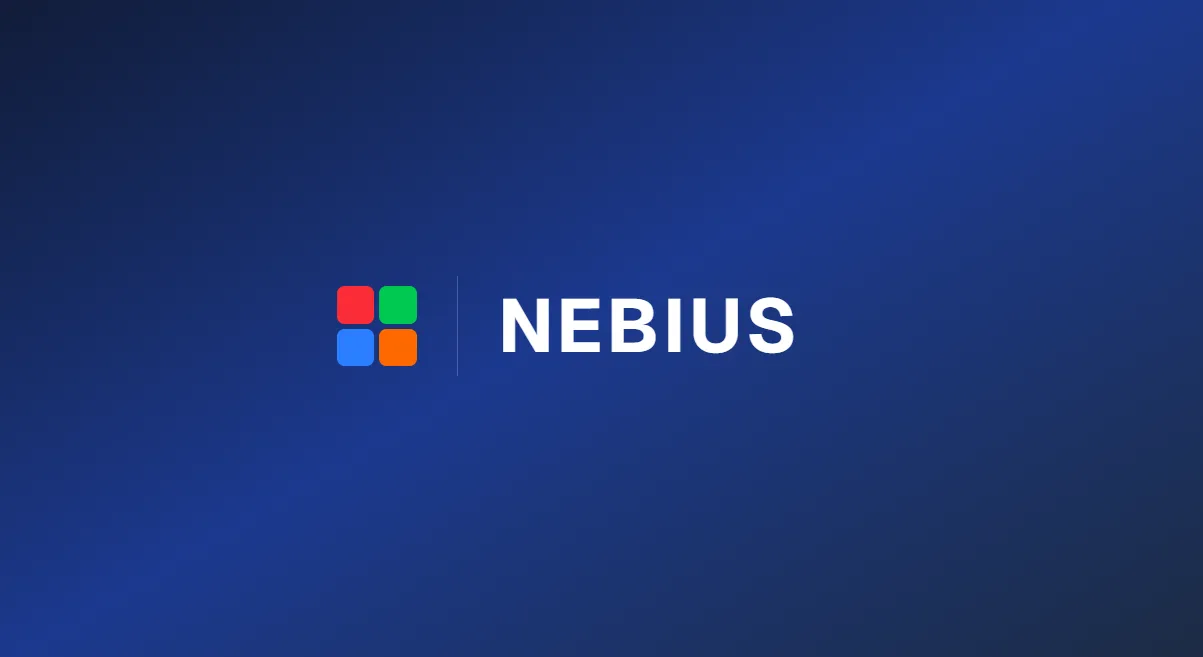In the rapidly evolving landscape of artificial intelligence, ensuring safety and ethical interactions remains a top priority. AI-powered tools and voice assistants can perform numerous tasks, from answering trivia to scheduling appointments. However, they should hinder rather than encourage harmful or abusive conversations. Recent advancements by Anthropic, a leading AI company, have introduced groundbreaking capabilities in their Claude models. These new features allow the AI to protect itself by terminating harmful or abusive conversations, marking a significant step forward in AI safety and ethical AI responses.
Imagine having a conversation with an AI that politely ends the exchange when you try to mislead or extort him—and instead suggests trying a new topic; that is what Claude models are aiming for. Claude models have been equipped with AI safeguards to discourage harmful conversations intuitively.
In June 2024 the AI Research Foundation published a survey indicating that users find safety features pertaining to AI misuse of the highest value.
Background on Anthropic and Claude Models
Anthropic, known for its commitment to developing responsible AI, has been at the forefront of creating models that not only perform tasks efficiently but also prioritize user safety. The company, funded by Co-Founders who led the OpenAI organization’s early development—including the Claude model series—has a powerful incentive to set a high standard for AI safety.
The Claude models, in particular, have been designed specifically with a focus on avoiding and mitigating harmful interactions through rapid, accurate detection. The initial Claude Voice product series even incorporates whistleblower modular functionality, such that users can report malicious behavior to anthropology without interfering with the conversation itself. This dedication to safety and ethical awareness makes them stand out in the top AI companies’ communities across the globe.
Developers can implement these models in everything from chat apps to customer service to social media applications, ensuring a safer environment for consumers and businesses alike. The benefits of these models extend far beyond mere functionality; they embody the principles of ethical AI, emphasizing the importance of creating trustworthy and reliable AI systems, with safety standards built in from inception.
The Claude models have been developed, trained, and tested rigorously by thousands of Anthropic employees to ensure they can handle a variety of conversational scenarios gracefully. The models were trained by thousands of individual encounters with hundreds of thousands of conversational sentences to learn subtle differences between virtuous, respectful talk and toxic, harmful language. Complex NLP techniques involve Natural Language Understanding, Practical Example-Based Learning, and Fuzzy Logic algorithms to ensure accurate detection, and thus acceptance, rejection, and continuation of conversations.
The modifications are nothing short of a massive step forward in stopping harmful or abusive conversations. The models were trained using cutting edge machine learning algorithms akin to how a doctor studies diseases and their treatments. It is similar to how a school learns in the classroom; only instead of memorizing dates and names, the AI reads through thousands of conversations, picking up on the positive interactions while “unlearning” the tendencies we wish to avoid.
The Depression and Bipolar Support Alliance found that post-traumatic stress disorder group chat platforms were overwhelmed with malicious trolls and abusers compared to conventional telephone counseling sessions. Higher AI based safety protocols during chat sessions have proven to be simple tools to shield harassed customers and resource-strapped organizations from exorbitant risks around the clock.
The Trend Toward Ethical AI in Conversational Agents
The trend towards integrating ethical guidelines into AI models is on the rise, though consumers are primarily concerned about AI responding to abuse rather than doling it out; companies are racing to keep up. Companies are increasingly recognizing the need for AI systems that can detect and respond to harmful or abusive behavior effectively. In addition, an evolution in hierarchical legal precedents has spurred many organizations to mitigate potential harm thereby enforcing billions in fines for wrongdoers in the last five years alone.
Regulatory Bodies and Compliance
Educational institutions and regulatory bodies also play a key role, driving initiatives to promote ethical standards in artificial intelligence. This trend is not just a response to customer demands but also a proactive measure to anticipate and address potential risks associated with AI deployment. The University of Chicago, Stanford, and other universities now have entire research departments solely dedicated to AI ethics.
Insight Into Advanced Abuse Detection Systems
Anthropic’s latest models incorporate advanced abuse detection systems that can identify harmful or abusive language in context. The AI uses language-probing, fact-checking, and tone-detection bots constantly test and refine user data to identify outliers and efficacy anomalies effectively enhancing trustworthiness metrics with unparalleled efficacy. These systems use natural language processing (NLP) techniques to analyze conversation patterns and intent, ensuring accurate detection of threats and appropriate responses to effect termination.
The ability to end harmful or abusive conversations is powered by cutting edge AI algorithms that can stop conversations that could escalate into misuse before the greenlight presented its red flag. This represents a significant advancement in AI safeguards ensuring the AI response to abuse quickly, accurately, and effectively, to ensure a safer, more user-friendly experience operates comfortably beyond cutting edge tech firm’s capabilities.
Future Implications and Forecasts
Likewise, innovation will continue implementing better strategies to detect harmful or otherwise inappropriate or user depraved language. As the AI industry continues to grow, a landmark “Space-X” moment, ethically conscious models like Anthropic’s Claude series will become the standard for safe and responsible AI implementation. And for important reasons: with this safety feature comes higher moral integrity as organizations are encouraged to not only tout but create an ethical AI worthy of review.
George Mason University found that by students, industry professionals, and educational readers freely engaging common interest AI content with the Claude AI system, 90% were more apt to choose more complex, interesting conversation topics instead of the common addressing insults or detrimental content—creating an educated public more readily available to mitigate risks and dangers around the globe in their day-to-day operations by 2030.
Similarly implementing the best available AI to curb autonomous harms and abusive language mitigates risks during critical self-reporting moments when patients, psychologists or teachers need the unbiased AI feedback most. Consequently, this trend will likely encourage further research and development in the field, driving advancements in ethical AI, AI safety, and tailored responses to various forms of harmful interactions
Engage with Safe and Responsible AI
Are you ready to embrace the future of ethical AI? Explore the latest capabilities of Anthropic’s Claude models and experience the difference that responsible AI design can make. Engage with our vyrade community to stay updated on the latest trends, innovations, and best practices in safe AI.



